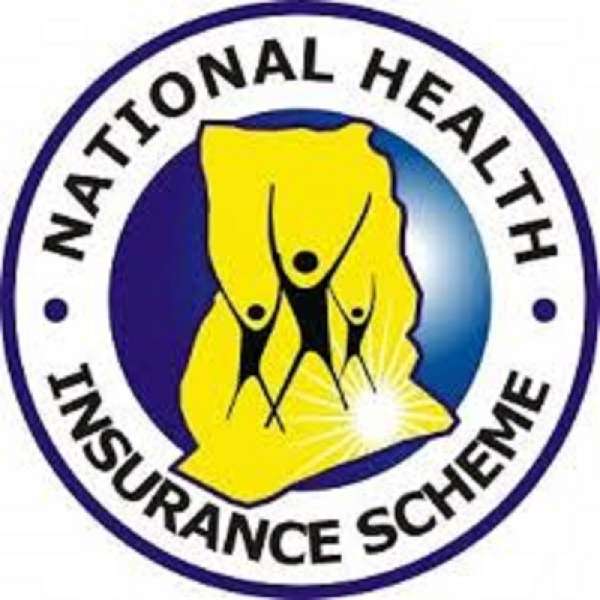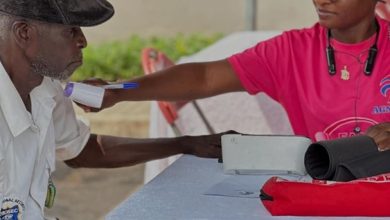Cash and carry returns as frustrated patients lament NHIS system breakdown nationwide

Ghana’s National Health Insurance Scheme (NHIS) has been thrown into an acute crisis, with a sustained collapse of its national digitised platform forcing hospitals to revert to the defunct ‘Cash and Carry’ system.
The disruption, which has reportedly lasted over a week, is effectively denying life-saving care to thousands of cardholders and raising fears that the nation’s dream of universal healthcare is unravelling.
The catastrophic operational failure was starkly evident at the Gbawe SDA Hospital in the Weija-Gbawe Municipal Assembly on Tuesday, October 7, 2025.
Patients who braved the heavily rain-drenched, unpaved roads leading to the hilltop facility were met with the same dejecting news that the NHIS system was inaccessible, invalidating their insurance for the day, checks by MyJoyOnline revealed.
Cost Shock: Patients Pay Triple for Basic Care
The technological breakdown means that patients who rely on the NHIS—the scheme introduced in 2004 to end out-of-pocket payments—are now required to pay full commercial fees, leading to devastating financial shocks.
- Consultation Fee: The fee, which would have cost a registered member GH₵18 under the NHIS tariff, shot up to GH₵54—a 200% increase—forcing patients to pay triple the cost at the Gbawe SDA Hospital
- Laboratory Tests: Basic but critical lab work, such as malaria tests and Full Blood Count (FBC), were no longer covered, forcing patients to bear the entire cost upfront.
Nii, a young man accompanying his 73-year-old mother for routine care, lamented the unexpected expense:
“I would have paid less than a GH₵30 for consultation, but I paid GH₵54… I have spent a little over GH₵200, which includes the labs we just did. If the NHIS were to be active, I would have paid less than GH₵150.”
Another female patient in her 30s, recently discharged after admission, reported a similar financial trauma, spending a total of GH₵1,500 but believing her charges “would have been less than a GH₵1,000” if the NHIS were operational.
She added, “If the system is down, they have to do something about it. It is not everyone who can afford healthcare without insurance coverage. It is a big challenge because I didn’t plan on spending that money.”
Dr. Victor Asare Bampoe, Chief Executive of the National Health Insurance Authority (NHIA), has acknowledged the challenges, confirming that some facilities were either turning away scheme members or charging them upfront due to their inability to authenticate membership.
“We want our members to have a cash-free experience as much as possible, regardless of the challenge,” he said, describing the situation as unacceptable, during a visit to the Ho Teaching Hospital on October 8.
The NHIA indicated that the national electronic health records and hospital management system that facilitates the scheme’s operations is owned and managed by a separate entity.
Dr. Bampoe pledged immediate action, stating the NHIA is looking at short- to medium-term measures to stop out-of-pocket payments and may even “consider deploying some of our staff to support the facilities and ensure that doesn’t happen.”
While pledging to work closely with the Ministry of Health to restore full system functionality as quickly as possible, the NHIA must address the core issue of the sudden return of Cash and Carry, crippling access to care for the over 16 million active NHIS members, threatening a major regression in Ghana’s public health achievements.




